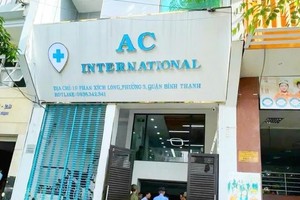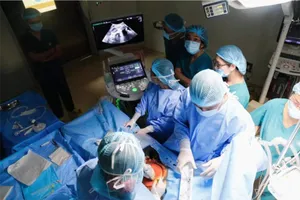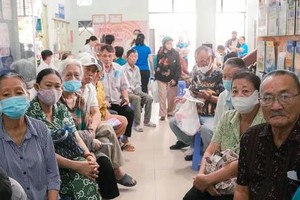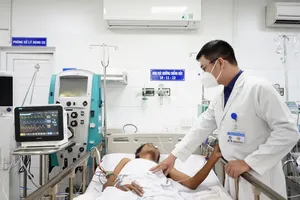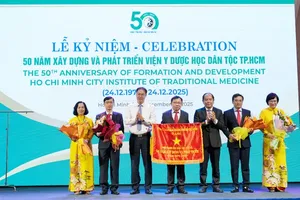
Accordingly, Circular No.37/2024/TT-BYT stipulates the principles, criteria, and procedures for developing, updating, recording, structuring, and reimbursing pharmaceutical drugs, biological products, radiopharmaceuticals, and diagnostic agents covered under Vietnam's health insurance scheme.
Deputy Director Vu Nu Anh of the Health Insurance Department, pharmaceuticals constitute a significant portion of total healthcare costs under the health insurance program. The issuance of Circular 37 is expected to facilitate access to healthcare services for health insurance beneficiaries and healthcare facilities alike.
The Circular establishes clear guidelines for adding and updating the pharmaceutical formulary, encompassing criteria for drug inclusion, consideration of medications requiring specific reimbursement rates and health insurance payment conditions, and protocols for drug removal from the list. This framework will contribute to developing and maintaining a transparent, regularly updated, and efficient drug formulary.
Notably, Circular 37 eliminates the previous classification of medications based on hospital tiers. Consequently, healthcare facilities are now authorized to utilize the entire pharmaceutical formulary, provided it aligns with their professional scope, diagnostic protocols, and treatment guidelines, irrespective of hospital ranking or technical expertise level.
This is expected to facilitate healthcare institutions to enhance their professional and technical capabilities, attract qualified personnel, and foster the development of medical staff competencies. It particularly benefits grassroots healthcare by ensuring equitable access to and insurance coverage for medications.
Furthermore, this approach helps mitigate the tendency of patients to exclusively seek treatment at highly specialized facilities, thereby alleviating congestion at advanced medical centers.
Finally, Circular 37 introduces novel provisions regarding pharmaceutical reimbursement guidelines. Specifically, health insurance funds will process payments based on the facility's professional scope and technical service capabilities, rather than hospital tier classification. This revision will significantly enhance both patient access to medications and healthcare facilities' ability to provide comprehensive pharmaceutical care.



